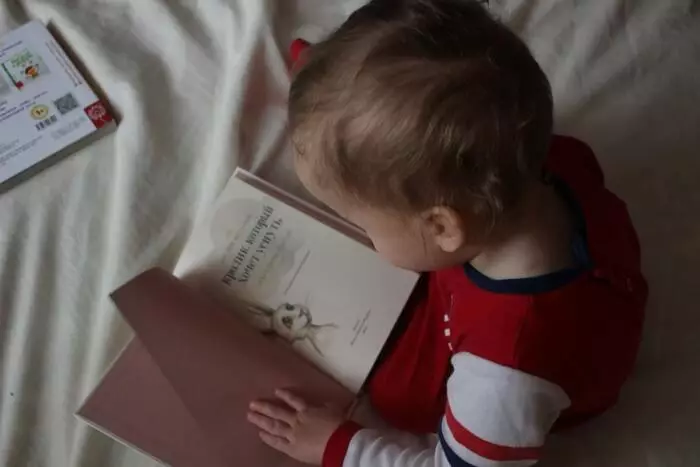Knowledge of foreign languages is undoubtedly useful skill in the modern world. To know well at least one language, it is advisable to start it from an early age, but to explain the baby all the importance of the process is impossible, so we decided to collect basic ways that will turn boring training in an exciting adventure.
Watch cartoons
There are several options: viewing cartoons in original or special animated series to explore a foreign language. Let it initially do not understand words, but emotions on painted persons, as well as songs with a light motif help to get used to foreign speech and the fact that there are cartoons in other languages, except their relatives. A child after several series can start repeating words, your task is to control the correctness of their pronunciation.

Read books with the child
Photo: www.unsplash.com.
We replace the casual expressions of the native language to foreign
Every day you go for a walk, to the store, meet with your kid's friends and make many other everyday affairs. Try every action to replace the phrase or word in another language, for example, if you learn English with a child, you do not say "close the door", but "close the door", etc. IMPORTANT: For all , and whole phrases.
Arrange children's songs and poems
Great way to develop a lexical stock and disassemble the grammatical foundations - to learn a light song or verse. Moreover, you may not just memorize the rhymes, but also put a small scene based on the learned work: in this form you can improvise and put the correct intonation.
Read books in a foreign language
Naturally, you need to start with simple works, better if they are adapted. As a rule, children's books are replete with graphic images, supported by phrases and small excerpts of the text. After reading the book with the baby, offer him to try to read it on my own, the child will be much easier to master already familiar signs and phrases from the second or third reading, but without your help.
